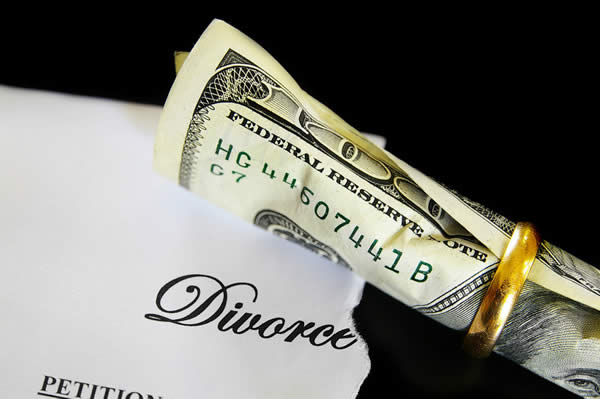 Experiencing money troubles can touch every aspect of your personal life. When there is not enough cash to go around, the typical person starts prioritizing financial obligations. A person might cut back on food and clothing expenses, cut out recreational or entertainment spending, or may pay some bills late. When there is little or no money due to a loss of income, the situation may become dire.
Experiencing money troubles can touch every aspect of your personal life. When there is not enough cash to go around, the typical person starts prioritizing financial obligations. A person might cut back on food and clothing expenses, cut out recreational or entertainment spending, or may pay some bills late. When there is little or no money due to a loss of income, the situation may become dire.
Bankruptcy is the answer for many debtors facing financial difficulties. Chapter 7 can completely and forever discharge debts, but Congress has identified some debts that will survive a Chapter 7 bankruptcy discharge. One debt category that is especially difficult to discharge is child support arrears. It is important to seek experienced counsel before filing a bankruptcy case with a child support arrears.
Child support arrears are not discharged
A Chapter 7 bankruptcy case does not discharge a child support debt. Specifically, Section 523(a)(5) of the Bankruptcy Code excepts from a Chapter 7 discharge a debt “for a domestic support obligation.” Section 101(14a) includes a child support arrearage in the definition of a “domestic support obligation” when the debt is:
- owed to or recoverable by (A) a spouse, former spouse, or child of the debtor or such child’s parent, legal guardian, or responsible relative; or (B) a governmental unit;
- in the nature of alimony, maintenance, or support (including assistance provided by a governmental unit);
- established by a (A) a separation agreement, divorce decree, or property settlement agreement; (B) an order of a court of record; or (C) a determination made in accordance with applicable nonbankruptcy law by a governmental unit; and
- not assigned to a nongovernmental entity, unless that obligation is voluntarily assigned for the purpose of collecting the debt.
Bankruptcy does not stop collection of child support arrears
When a person files a Chapter 7 bankruptcy case, collection actions against the debtor must stop, but Congress has carved out another exception for collecting child support arrears. Section 362(b)(2)(A) states that the bankruptcy automatic stay does not apply to:
- the establishment of a child support obligation;
- the collection of child support from property that is not property of the estate; or
- the withholding of income that is property of the estate for payment of a child support obligation under a judicial or administrative order or statute.
In a Chapter 7 case, the debtor’s post-filing income is not property of the bankruptcy estate. Consequently, a wage garnishment or income tax refund intercept to collect a child support arrearage may continue during a Chapter 7 bankruptcy case without running afoul of the court’s automatic stay order.
Bankruptcy exemptions do not protect your property
Section 522 of the Bankruptcy Code allows a debtor to exempt property from the claims of creditors, but not against a debt for child support. The creditor must first seek permission from the bankruptcy court to proceed against property of the bankruptcy estate through a Motion to Lift Automatic Stay. Several bankruptcy courts have ruled that the Bankruptcy Code does not allow a Chapter 7 trustee to liquidate exempt property to satisfy a domestic support obligation. See In re Duggan, 2007 Bankr. LEXIS 2750 (Bankr. M.D. Fl. 2007). However, these same cases suggest, or explicitly hold, that a domestic support creditor could do so. See In re Quezada, 368 B.R. 44 (Bankr. S.D. Fl. 2007). To date the process for such an action remains in question.
If you are considering filing for bankruptcy or have questions about what is dischargeable in a chapter 7, contact the experienced attorneys at Fears | Nachawati for a free consultation. Call us at 1.866.705.7584 or send an email to fears@fnlawfirm.com.